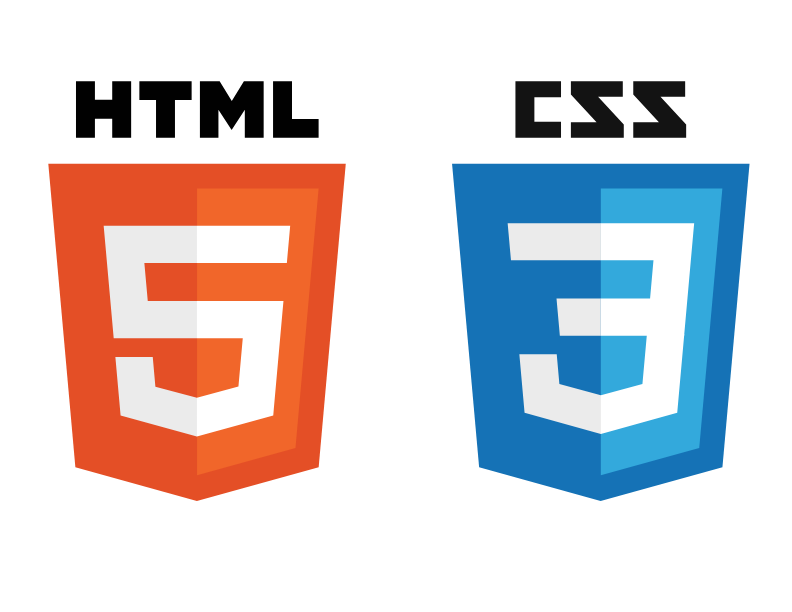
Expertise in MySQL Development
Database design : MySQL developers must have a solid understanding of database design principles, including normalization, data modelling, and schema design. They must be able to design a database that can efficiently store and manage large volumes of data.
SQL programming : MySQL developers must have a strong understanding of SQL programming, including writing complex queries, creating stored procedures, and optimizing database performance.
Performance tuning : MySQL developers must be able to optimize database performance, including tuning query performance, optimizing database indexes, and minimizing database lock contention.
Security : MySQL developers must be knowledgeable about database security best practices, including user authentication, access control, and data encryption.
Integration with other technologies : MySQL developers must be able to integrate MySQL with other technologies, such as web servers, programming languages, and third-party applications.
Data migration : MySQL developers must be able to migrate data from other databases or legacy systems to MySQL, ensuring that data is properly mapped and migrated without data loss or corruption.
Overall, MySQL developers must have a strong understanding of database design, SQL programming, performance tuning, security, and integration with other technologies. They must be able to design and develop efficient and secure databases that meet the needs of their clients, and be able to optimize database performance and troubleshoot issues as they arise.
Uncompromised Quality Checks
MySQL is a powerful database management system that is used to store and manage critical business data. As such, it is important to perform quality checks to ensure that the database is functioning correctly, data is being stored and retrieved accurately, and the database is secure and free from vulnerabilities.
Database schema verification: This involves verifying that the database schema is accurate and consistent with the intended design. This ensures that the database structure is optimized for storing and retrieving data, and that data is not lost or corrupted.
Data integrity checks: This involves verifying that the data stored in the database is accurate and consistent. This can be done by performing regular data validation checks, comparing data across different tables, or using data profiling tools to identify data anomalies
Backup and recovery tests: This involves testing the backup and recovery procedures to ensure that data can be recovered in the event of a disaster or system failure. This includes testing backups, recovery scripts, and testing the recovery process under different scenarios.
Performance testing: This involves testing the performance of the database under different load conditions. This includes testing the response time of database queries, optimizing indexes, and identifying and resolving performance bottlenecks.
Security testing: This involves testing the security of the database to ensure that it is protected against unauthorized access, hacking, and data breaches. This includes testing authentication and authorization mechanisms, auditing access logs, and performing vulnerability scans.
By performing these quality checks, MySQL developers and administrators can ensure that the database is functioning correctly, data is being stored and retrieved accurately, and the database is secure and free from vulnerabilities. This helps to minimize the risk of data loss, corruption, and security breaches, and ensures that the database is able to support critical business operations.


Powerful MySQL Solutions
MySQL is a powerful database management system that is widely used in a variety of applications, ranging from small websites to large-scale enterprise systems. Here are some powerful MySQL solutions that can be used to optimize database performance, improve data management, and enhance security:
MySQL Cluster: MySQL Cluster is a high-availability, high-performance database clustering solution that is designed to provide continuous availability and fast performance for mission-critical applications. It can be used to scale out MySQL databases across multiple nodes, ensuring that data is always available and the database is highly responsive.
MySQL Enterprise Edition: MySQL Enterprise Edition is a commercial version of MySQL that includes advanced features such as performance tuning, advanced security features, and 24/7 support. It is designed for organizations that require high-performance, highly available, and secure MySQL databases.
MySQL Workbench: MySQL Workbench is a powerful graphical tool that can be used to design, develop, and administer MySQL databases. It includes features such as database design tools, SQL development tools, and database administration tools, making it a comprehensive solution for managing MySQL databases.
MySQL Backup and Recovery Solutions: MySQL provides a range of backup and recovery solutions, including MySQL Enterprise Backup, which provides a high-performance, hot backup solution that enables backups to be performed without affecting the performance of the database. This ensures that data can be easily recovered in the event of a disaster or system failure.
MySQL Security Solutions: MySQL provides a range of security solutions, including authentication and access control mechanisms, auditing and logging features, and encryption capabilities. These security features can be used to protect MySQL databases against unauthorized access, hacking, and data breaches.
Overall, MySQL provides a range of powerful solutions that can be used to optimize database performance, improve data management, and enhance security. By using these solutions, organizations can ensure that their MySQL databases are highly available, highly responsive, and highly secure.
Hire MySQL Developers
If you are looking to hire MySQL developers, here are some things to keep in mind:
Look for experience: When hiring MySQL developers, it is important to look for candidates with relevant experience. This includes experience in database design, SQL programming, performance tuning, security, and integration with other technologies.
Technical skills: MySQL developers should be skilled in a range of technologies, including MySQL, SQL programming, database design, and database administration. They should also have experience with web development technologies, such as PHP, Python, or Ruby on Rails, depending on the stack being used.
Communication skills: MySQL developers should be able to communicate effectively with clients and other team members. They should be able to explain technical issues in simple terms and work collaboratively with others to resolve issues and complete projects.
Portfolio: When hiring MySQL developers, it is important to review their portfolio of work. This can include sample code, projects they have worked on, and client testimonials. This can give you a good sense of their technical skills and the quality of their work.
References: It is always a good idea to ask for references when hiring MySQL developers. This can give you an idea of their work ethic, communication skills, and ability to meet project deadlines.
Overall, when hiring MySQL developers, it is important to look for candidates with relevant experience, strong technical skills, effective communication skills, a strong portfolio of work, and positive references. By hiring the right MySQL developers, you can ensure that your database projects are completed on time and to a high standard of quality.
















